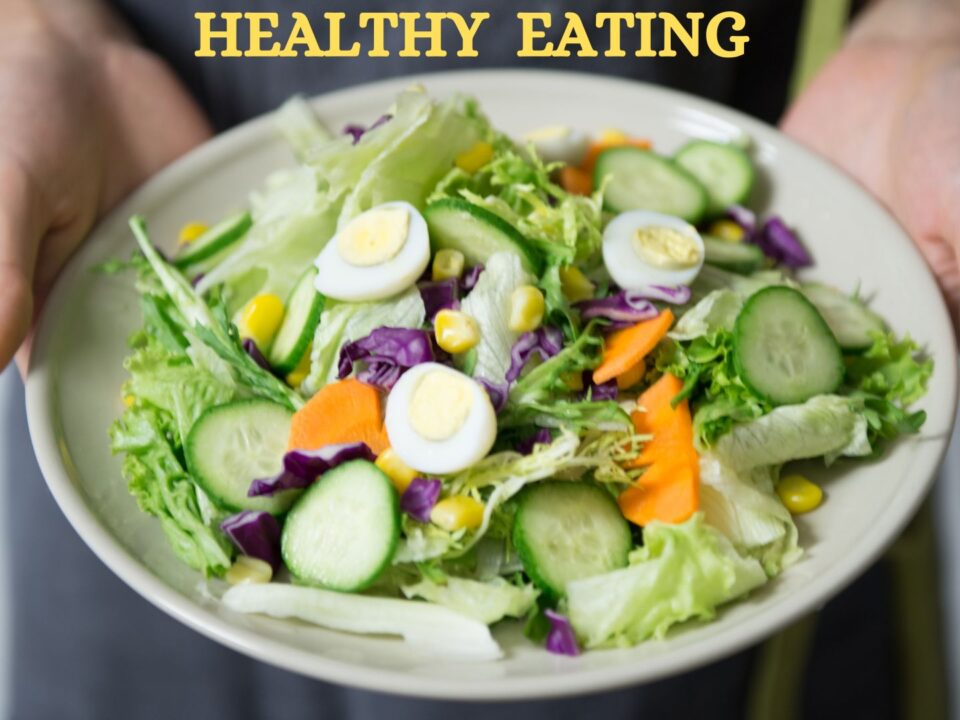Cope with stress-induced weight gain with Holistic Nutrition- 7 simple strategies!!

What role does a HOLISTIC NUTRITIONIST play in our day-to-day lives??
October 14, 2023
Mango-Cashew Smoothie
November 24, 2023~By Sukanya Roy~
Stress is everywhere!! It’s really hard to find any fellow being who is leading a complete stress free life. In today’s world, stress seems to be the root cause of most of the ailments. Chronic stress has also been shown to increase the weight of individuals in several studies.
Stress-induced weight gain can be a taxing issue to cope with, but taking a holistic nutritional approach can help manage this problem.
Let’s take a look at 7 simple strategies for coping with stress-induced weight gain through a holistic nutritional approach:
- Start with a Balanced and Nutritious Diet: Eating balanced diet is crucial for dealing with stress-induced weight gain. Concentrate on consuming nutrient-dense, organic, natural and whole foods that are unprocessed, such as fruits, vegetables, whole grains, complex carbohydrates, lean proteins, and healthy fats. These foods can help regulate blood sugar levels, improve mood and energy levels and reduce inflammation thus promoting weight loss.
- Remain Hydrated: Drinking enough water is very essential for managing stress-induced weight gain. Dehydration can cause fatigue, irritability, and increased appetite, leading to overeating and weight gain. Try to incorporate at least 8-10 glasses of water per day. Adding herbal teas like green tea, valerian root tea, lemon balm tea, etc could also be considered as they contain beneficial antioxidants which help to reduce inflammation thus reducing stress and aiding in weight loss.
- Avoid Processed Foods: Processed foods can be high in calories, unhealthy fats, and added sugars, all of which can contribute to stress-induced weight gain. Avoid processed foods as much as possible and focus on eating whole, nutrient-dense foods.
- Incorporate Probiotics: Probiotics are beneficial bacteria that can help improve gut health and promote weight loss. They can be found in fermented foods like yogurt, kefir, kimchi, and sauerkraut, or taken as supplements. Incorporating probiotics into your diet can help reduce inflammation, boost immunity, and regulate digestion, all of which can help manage stress-induced weight gain.
- Obtain Enough Quality Sleep: Uninterrupted sleep helps to deal with stress-induced weight gain. A dearth of undisturbed sleep can disrupt the hormones like ghrelin(makes us feel hungry) and leptin(makes us feel satiated) that regulate appetite, by increasing the concentration of ghrelin while decreasing levels of leptin, which leads to overeating and thus weight gain. No less than 7-8 hours of sleep per night is crucial to keep both the mind and body healthy. Prioritize good sleep hygiene, such as practising simple relaxation techniques like guided meditation, keeping a consistent sleep schedule, avoiding screens before bedtime and the like.
- Practice Stress-Reducing Activities: Engaging in stress-reducing activities can help manage stress-induced weight gain. Some effective techniques include deep breathing exercises, yoga, meditation, or even taking a warm bath with epsom salts and essentials oils. Practising these activities regularly can help reduce cortisol levels, promote relaxation, and prevent overeating.
- Consider Supplements: Certain supplements might help manage stress-induced weight gain, such as omega-3 fatty acids, magnesium, vitamin D, melatonin, GABA etc. Be sure to discuss about the same with your healthcare professional before taking any supplements, as they might interact with other medications or have side effects.
In conclusion, taking a holistic nutritional approach can be a powerful way to manage stress-induced weight gain. Remember to incorporate a balanced and nutritious diet including whole natural foods, include herbs and spices, keep yourself hydrated, practice stress relieving activities, consider appropriate supplements and get enough sleep. By doing so, you can improve your overall health, manage stress, loose extra weight, and lead a happier, healthier life.




